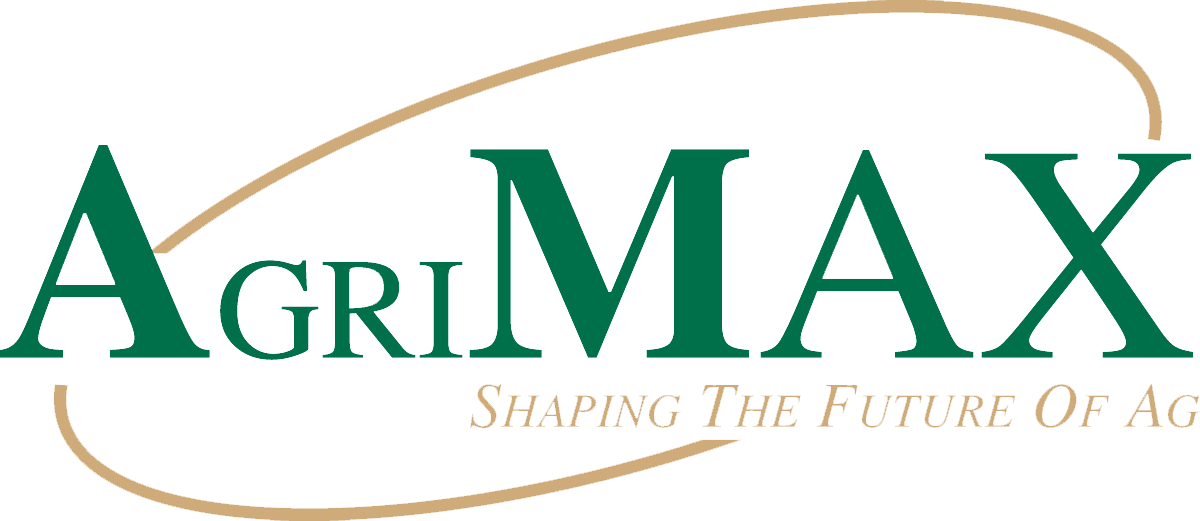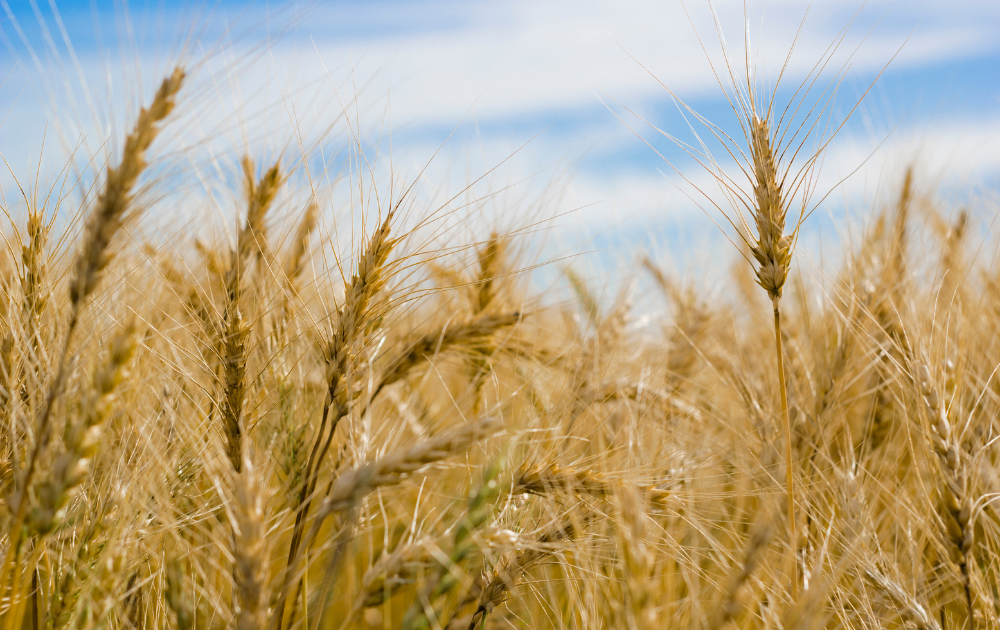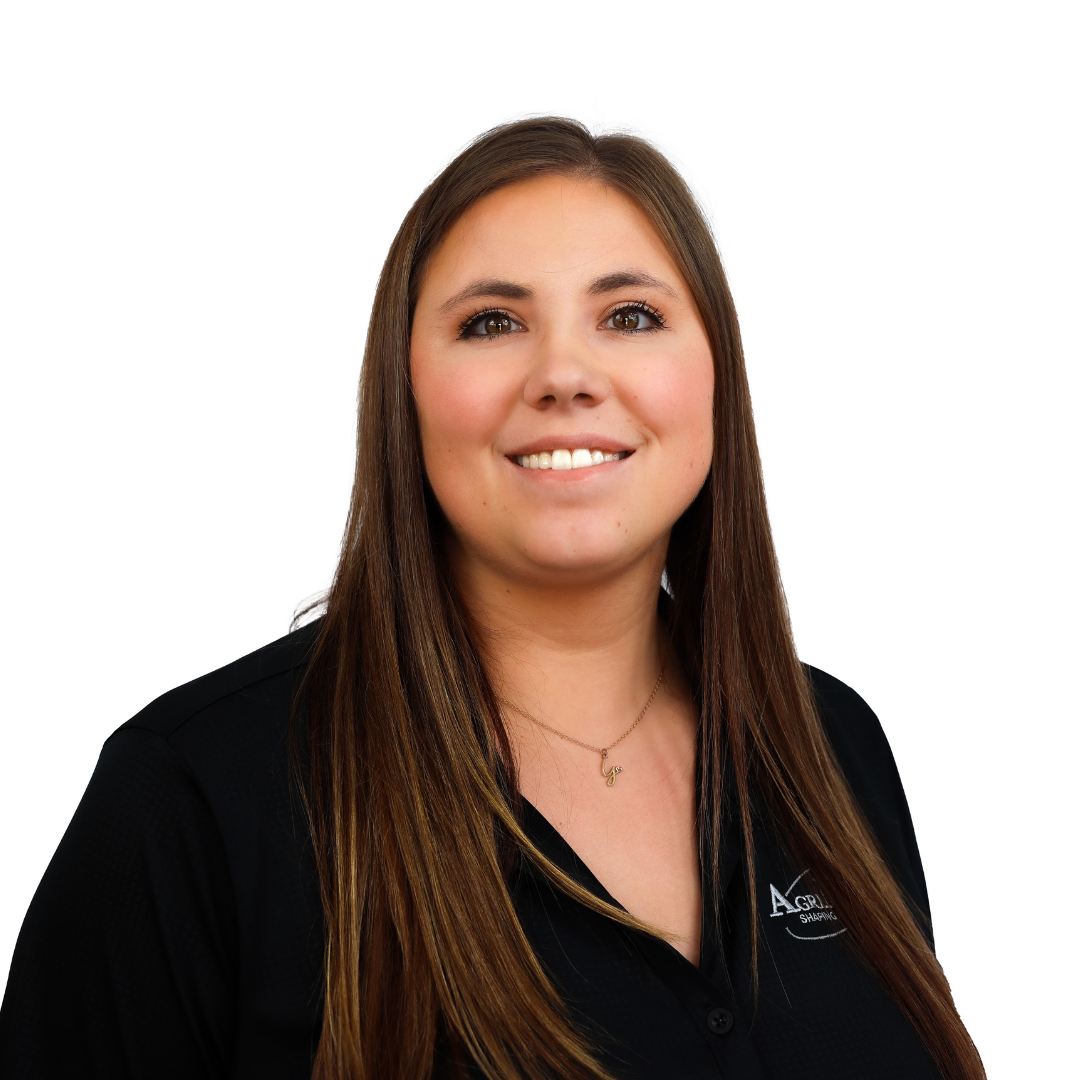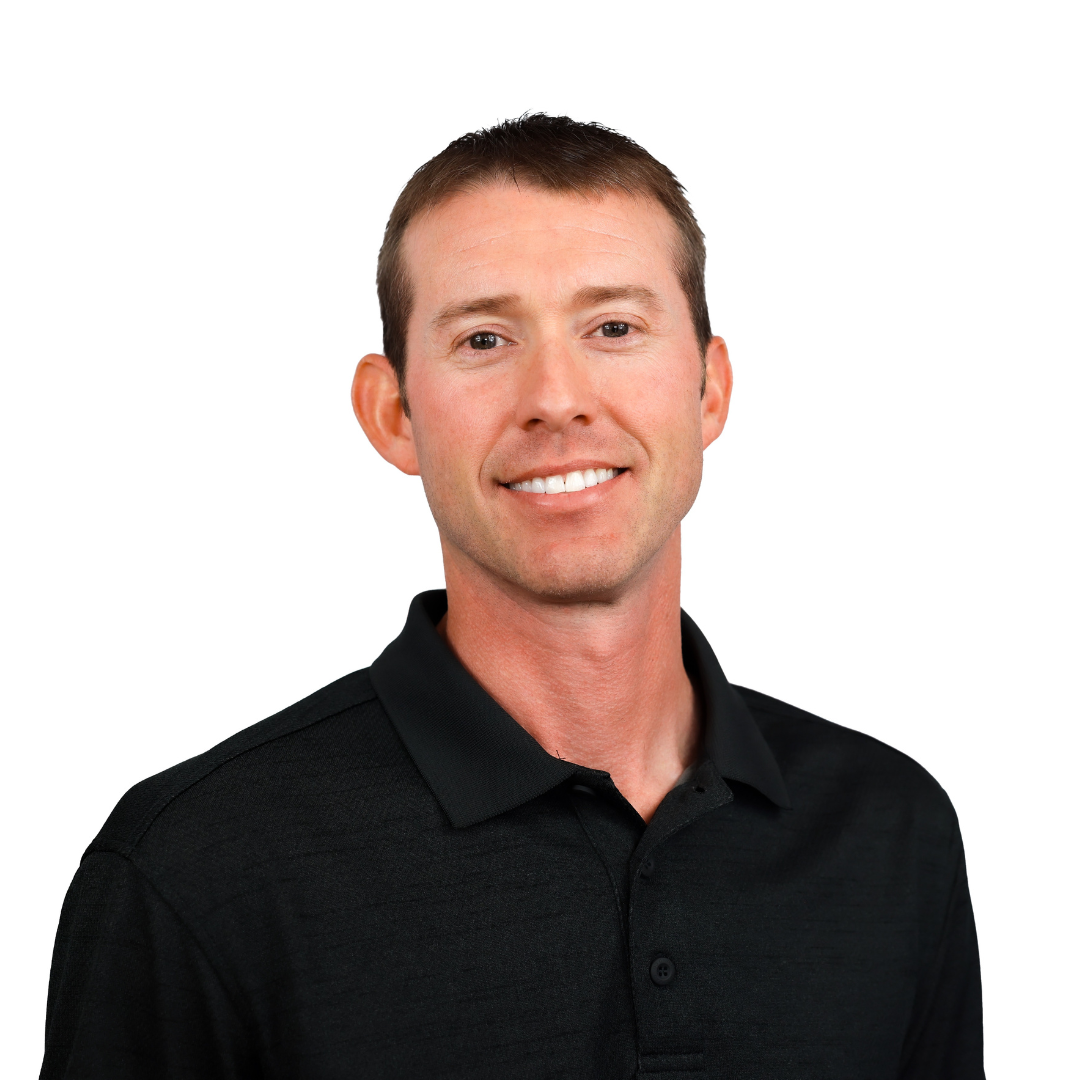If you’re a wheat producer, DON (deoxynivalenol), aka vomitoxin, is probably on your radar this season. It’s caused by Fusarium head blight (Scab), which thrives in warm, wet conditions during flowering. Once it takes hold, it can reduce yield and lead to shrunken, discolored kernels—or worse, kernels that look fine but still have high DON levels.
When DON levels climb too high, it can mean dockages, downgraded grain, or even rejected loads. That’s why it’s important to get ahead of the issue, test early, document everything, and stay in touch with your crop insurance agent.
How to Stay Ahead of DON Issues
If you suspect quality issues or start hearing about DON concerns in your area, here’s what you can do to protect your farm:
Test Early & Keep Records
- Pull samples from individual truckloads, bins, and fields so you get a clear picture of what you’re working with.
- Label everything clearly—include field names, section, township, and range.
- Send samples to a third-party testing facility like NDGI or NPGIS for accurate DON levels. (Heads up: These facilities charge a fee, so plan accordingly.)
Talk to Your Crop Insurance Agent
- If your test results show quality issues, call your agent right away.
- Have your sample results and documentation ready to make the claims process smoother.
- Crop insurance could help cover losses based on grain quality adjustments or revenue protection options.
How Crop Insurance Can Help Protect Your Investment
When wheat quality takes a hit, it’s not just about yield—it’s about how much you actually get paid for your grain. That’s where crop insurance can step in. Depending on your policy, you may be eligible for adjustments or compensation if DON levels cause price reductions.
The key to making it work? Proactive documentation. The earlier you test, track, and report, the easier it is to get coverage for lost revenue.
And it’s not just DON—if you’re dealing with falling numbers, sprout damage, or other quality issues, the same process applies.
Take Action Now to Protect Your Wheat and Your Profits
DON is always a concern, but with the right steps, you can stay ahead of the problem and protect your bottom line. A little extra effort now—sampling, testing, documenting, and looping in your insurance agent—can make all the difference.
If you have questions about DON, wheat quality, or how crop insurance plays into it, reach out to your AgriMAX rep or contact us! We’re here to help you protect your farm and keep your operation strong.





















